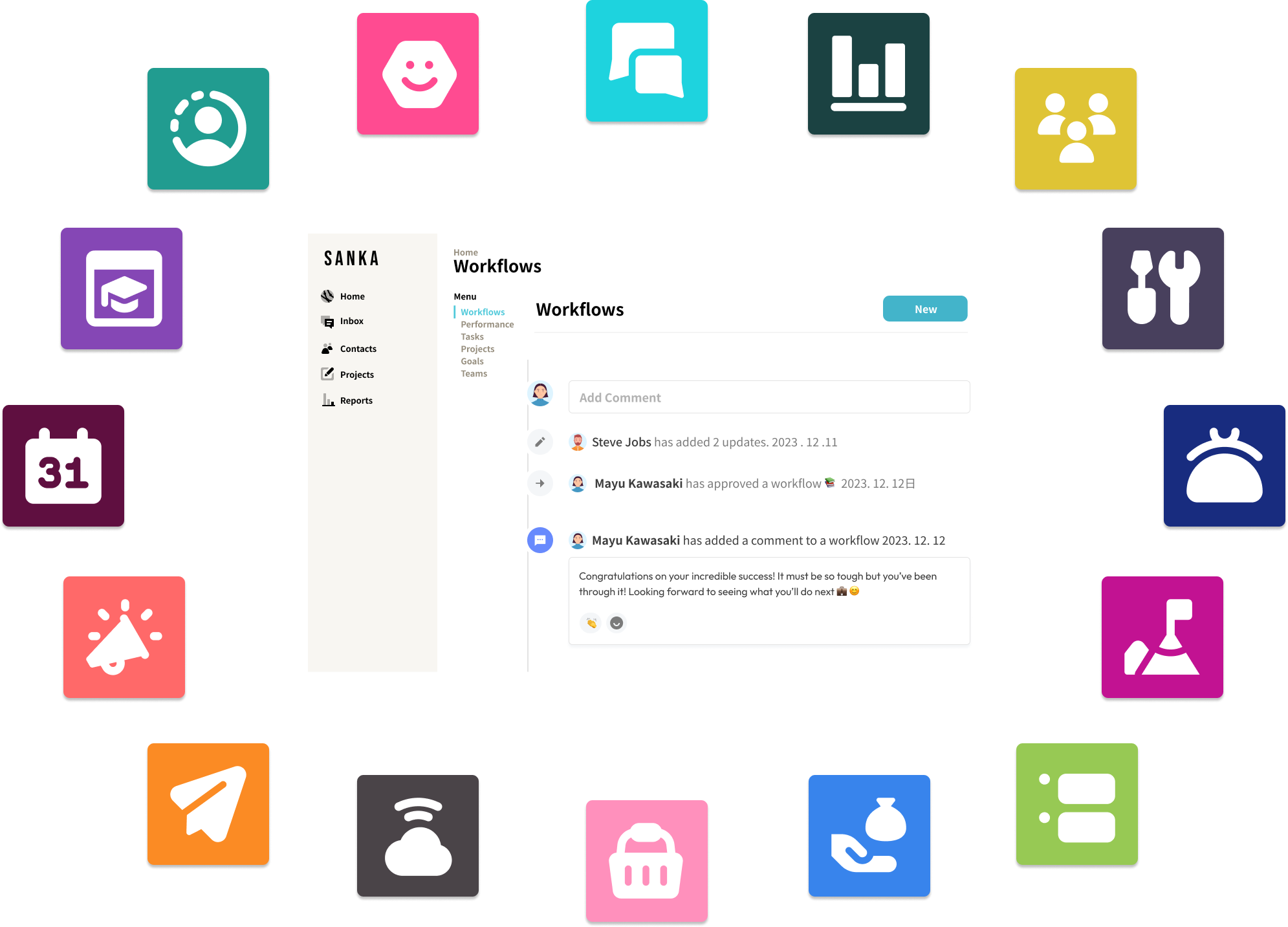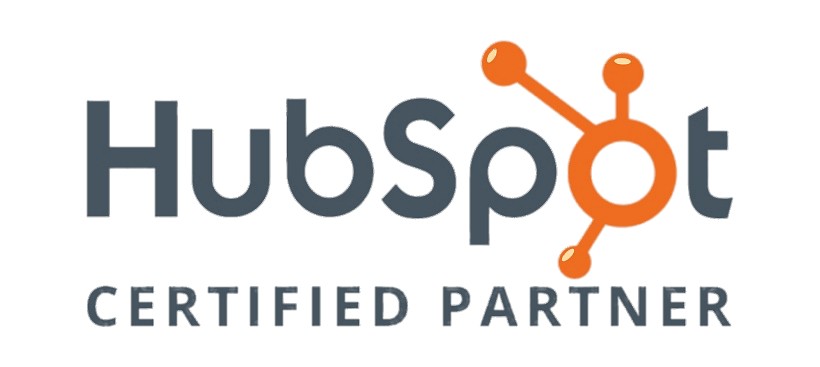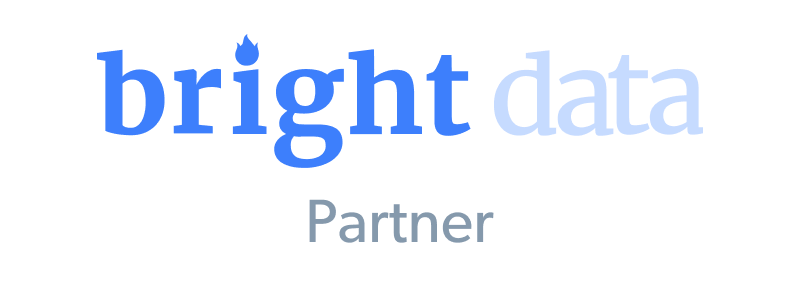Hello, community builders 👋
If you’re reading this, chances are you’re thinking about hiring a community manager.
The demand for community managers has been increasing, and they’ve become an essential part of businesses around the world as online communities are more ubiquitous than ever.
But what exactly does a community manager do?
How do you find the right person?
How do you onboard them and let them run your community?
We will explore all aspects of hiring a community manager in this guide.
If you’re ready to take your community to the next level, read on.
Who is a community manager?
A community manager is a professional who builds and moderates online communities for organizations.
They’re often responsible for (but not limited to)
- grow and engage communities
- build strong brands through content and events
- manage social media accounts and forums
- gain insights into products and services
- provide customer support
- monitor online activities for organizations
- moderate content and discussions
The role of a community manager has evolved over the years as technology has changed. Still, their goal remains the same: to foster a sense of community among members and help brands achieve their business goals.
A successful community manager is someone passionate about people and building relationships within her community. Strong communication skills are, needless to say, essential.
They should also be familiar with what they’re representing, whether that's a company, brand, or product, as well as its target audience.
Managing communities isn’t a single-player game; they work with many other leaders, including internal stakeholders such as Marketing, Product, Customer Support, and Sales, and external partners such as community leaders, contributors, and other supporters.
Why do you need to hire a community manager?
It’s straightforward; without a community manager in place, your community will have a very hard time thriving.
And as a result, you won’t see a clear ROI for your investment in the community.
A community won’t just grow — community managers and other stakeholders make it grow. Understanding how hard it is to manage a community is a good first step.
Community managers’ jobs aren’t just about keeping the forum clean, tweeting content, or banning spammers.
They strategize community directions, integrate communities into businesses, and bring positive impacts to the bottom line.
If you’re a business leader, you likely understand the importance of building and maintaining a strong online presence.
But with so many other demands on your time, it can be difficult to keep up with the ever-changing world of online communities.
That's where hiring a community manager comes in.
As a pro who understands the ins and outs of community management, a community manager can help you create and maintain a thriving community for your business.
If you're not sure whether or not you need to hire a community manager, ask yourself these questions:
- Do you have time to dedicate to building a community?
- Are you good at building communities from scratch?
- Do you have a plan to engage your audience: content, events, and other campaigns?
If you answered "no" to any of these questions, and if you believe in the power of community, it's time to consider hiring a community manager.
A good community manager can save you time by taking care of the day-to-day tasks associated with social media and other online presences, freeing up your time to focus on other aspects of running your business.
They can also help you develop an effective growth strategy by integrating your community into your business.
Where to find community managers
At Sanka, we tell our clients that hiring a community manager requires a different approach compared to other positions.
Why? Because managing a community demands unique skills and backgrounds.
There are many places to look for talent, but the best way to find candidates is from your audience (users, fanbase, followers, or alike).
They are the ones who’re most passionate about your brand and product. Work with these people rather than "professionals" who know nothing about what you do.
If you have products or services, it could be your users and customers. If you have social media, it could be your followers. In any case, start with people who’re passionate about and love what you do.
We do not recommend posting a job randomly or working with recruiters. They’re great for wider outreach (a machine gun approach) but not good for finding a community manager for your organization (which requires a sniper approach instead).
The second best way to hire a community manager is through referrals.
In this way, you can vet candidates more carefully. Also, asking for a referral is free and quick; just ask your friends, colleagues, or even your community if they know anyone who would be a good fit to run your community.
The con of this approach is that sometimes the pool of candidates is quite limited and it takes a long time to find the right candidates.
The last option is job boards and recruiters. Again, they don’t usually work well, so stick to the two options above in most cases.
How to review community managers during interviews
When it comes to reviewing community manager candidates during the interview process, there are a few key things you should keep in mind.
First and foremost, you want to make sure they have experience in community management. They don’t usually need to have many years of experience, but a basic understanding of online communities (social media, forums, chat groups) and how to run them is a must.
Secondly, you want to take a look at how they are engaging with members of your community and fostering a positive environment. The ideal candidates are the ones who’re already supporting your community in any way.
Thirdly, you want to check their communication (both speaking and writing) skills. Community management is all about communication and if candidates are lacking the skill it’s a red flag.
Finally, community managers must be organized and detail-oriented to run communities 24/7. Checking their operational capability is very important.
As a bonus, you want to check if they have many ideas to improve your community to see how well they’re prepared to run it.
Keep these things in mind when reviewing your community manager, and you'll be able to get a good sense of how they are doing overall.
The hiring process for a community manager
The hiring process for a community manager can vary depending on the company, but there are some common steps that most companies take.
- The first step is to identify the need for a community manager (see above). This can be done by evaluating the company's current community and engagement levels, as well as looking at the overall goals for the community.
- Once the need for a community manager has been established, the next step is to write down a job description. This should include a detailed description of the position and its responsibilities and compensation, as well as the qualifications that are required.
- The next step is to prospect and screen candidates (see above). Again, we recommend reaching out to your audience first, getting referrals next, and job sites and recruiters last.
- After getting initial candidates, you can move on to interviews. This can be done through initial screenings (often phones or videos), followed by dedicated interviews.
- Once a candidate has been selected, they will typically undergo a background check and reference check before being offered the position.
- If all the checks are cleared, the candidate will join your organization and start managing your community. At this point, he/she might be aware of your company and brand but new to internal operations. Expect 2-3 months of training time to fully onboard.
Don’t forget to send a kind thank you note to those who went through the interviews but didn’t make it. They’ll keep loving your brand in this way.
As you saw in this section, the process of hiring a community manager usually takes longer than expected. Plan well ahead to keep your people engaged in your community.
Onboarding and training community manager
Onboarding community managers smoothly and training them properly are critical to their success in the role.
Here are a few tips to get them ready quickly.
Define the scope of the role.
What are the primary goals and responsibilities of the community manager you’re trying to hire?
"Managing social media" or "building online communities" isn’t enough. Granularity matters.
You want to specify KPIs, business cycles, what determines success/failure, what needs to be expected at an operational level, and more than anything, community goals.
(At Sanka, we recommend setting "community value" as a goal for our clients so they can monitor business impact at any time.)
Also, be sure to communicate these expectations with the soon-to-be community manager upfront to avoid her surprise.
Train them on your company culture.
Community managers need to be aligned with your company values to effectively represent your brand online.
Go through culture doc, community rituals, and expected behaviors together.
One harmful word could cause member churns and unnecessary arguments.
Introduce them to your existing community.
Give them a chance to get to know the people they'll be interacting with on a daily basis.
It includes internal stakeholders from Marketing, Product, Sales, Customer Support, and more who interact with community functions.
The introductions should go beyond internal teams. Community managers need to be well-connected with community leaders, contributors, event organizers, supporters, and more.
Get them connected well so you won’t waste time by making ad-hoc introductions later.
Provide access to resources.
Make sure they have all the tools and information they need at their disposal in order to do their job well.
This includes team documents, calendars, event tools, chat tools (Slack, Discord, Team, etc.), and social media accounts.
Give them enough time to go over so they have a basic understanding of the day-to-day operation and are well-equipped to execute.
Offer ongoing support and training.
Check-in regularly to see how they're doing and offer feedback or guidance as needed.
Reviewing community managers require not only your feedback but also opinions from your community as well, to accurately reflect the performance.
Sometimes your community knows more about the community manager than you.
Also, it’s important to know the field of community management is evolving quickly. Community managers would appreciate it if you can support their education financially.
Wrap-up and next action
We’ve seen the ins and outs of hiring a community manager in this guide.
It's now time to wrap up and take your next action.
We suggest you think about whether you need to hire a community manager for your organization.
And if so, plan how to hire one accordingly.
Always remember that, in many cases, it takes months to hire a community manager and another few months for them to pick and execute well.








